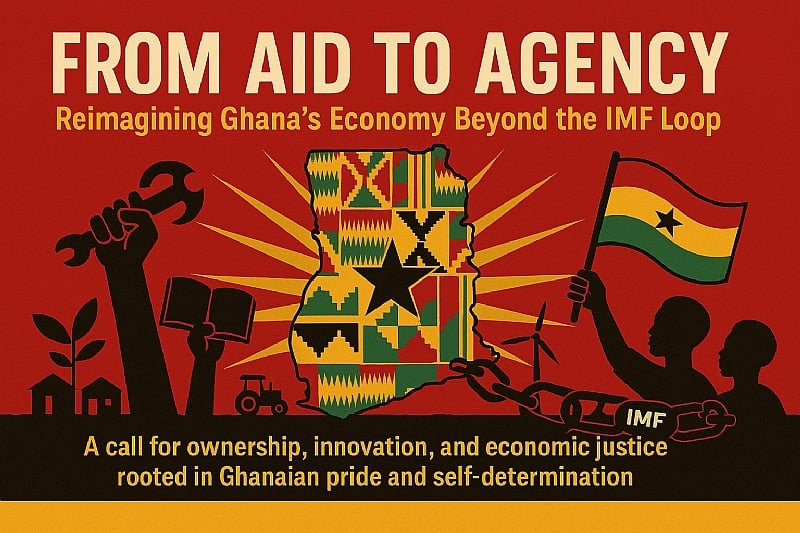🌱Ghana’s repeated reliance on the International Monetary Fund — seventeen engagements in sixty years — speaks not of failure, but of a deeper hunger for economic rebirth. President John Dramani Mahama stands at a historical crossroads. His renewed leadership offers a profound opportunity to transition from external dependence to an economy grown from Ghanaian soil, shaped by Ghanaian will, and sustained by Ghanaian innovation.
🕒 The 24-Hour Economy: Shifting the Rhythm of Production
At the heart of this vision lies the 24-hour economy policy — a transformational framework that aims to energize industries, decentralize labor opportunities, and create continuous streams of economic activity. By encouraging three rotational work shifts across sectors, Ghana moves toward full employment, improved service delivery, and strategic resource utilization.
But this isn’t just about productivity. It’s about sovereignty — about reshaping Ghana’s economic DNA so that it pulses with local energy, not borrowed lifelines.
🌾 Sowing Resilience: Agriculture as the New Gold
Ghana’s salvation is buried in its soil. Reviving agriculture through district-level Farmer Services Centres, modernized irrigation, and agroecological parks would reverse the tide of food importation and reignite rural prosperity. Imagine school farms that not only feed but also teach — cultivating both minds and meals.
Food sovereignty, once viewed as nostalgia, must now become a policy imperative.
🏭 Value Beyond Extraction: Industrial Zones as Economic Arteries
Minerals and crops have long left Ghana in raw form, stripping the nation of added value. Mahama’s plan to build industrial zones in all 16 regions, resuscitate dormant factories like VALCO, and champion indigenous ownership of extractive industries is about more than manufacturing — it is about reclaiming economic dignity.
Let Ghana’s raw materials stay home — not to gather dust, but to gather worth.
💼 Jobs for Generations: A Human-Centered Economic Agenda
With youth unemployment rising and talent underutilized, the time is now for bold job creation programs: the Adwumawura Initiative, National Apprenticeship Scheme, and a visionary One Million Coders Programme that readies Ghanaian youth for the digital era. A Women’s Development Bank could unlock thousands of untold stories in entrepreneurship and community leadership.
Empowerment must not be seasonal — it must be systemic.
💰 Accountability as Currency: Reforming Fiscal Discipline
A sustainable economy cannot rest on shaky governance. Capping reckless borrowing, streamlining taxes, and establishing a Value-for-Money Office are key to restoring trust in public finance. These steps don’t just fix books — they fix belief.
🤝 The People’s Economy: Anchored in Dialogue
True reform cannot be outsourced. Mahama’s convening of a National Economic Dialogue re-centers governance around the people. Civic voices, traditional wisdom, and modern expertise must form the triad that guides Ghana into a self-reliant future.
Ghana must now choose: repetition or reinvention. This moment is not about exiting the IMF — it’s about exiting the mindset that makes it inevitable. Through culture, accountability, and innovation, the Mahama administration has a chance to plant the seeds of a Ghanaian economy that does not beg, but builds.
Retired Senior Citizen
Teshie-Nungua
[email protected]


